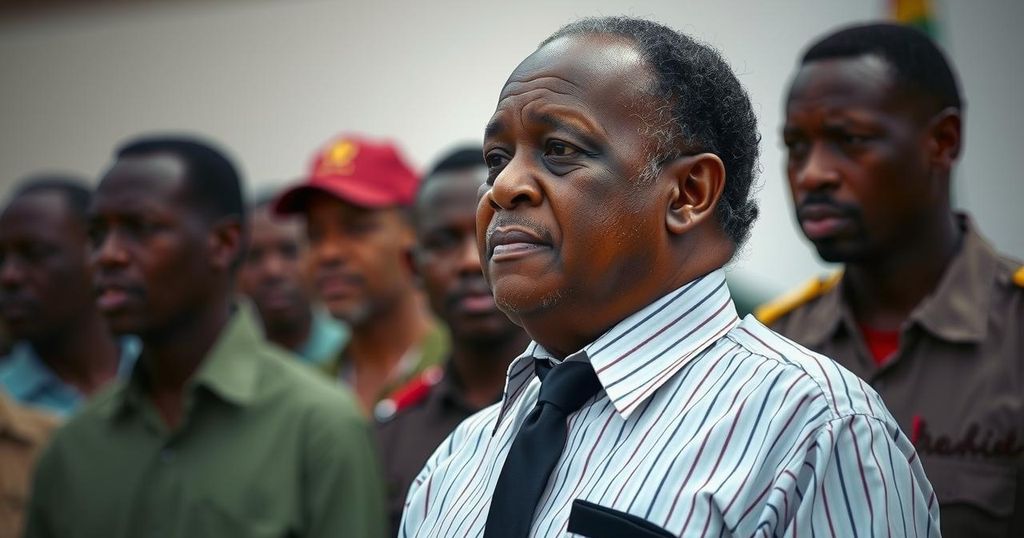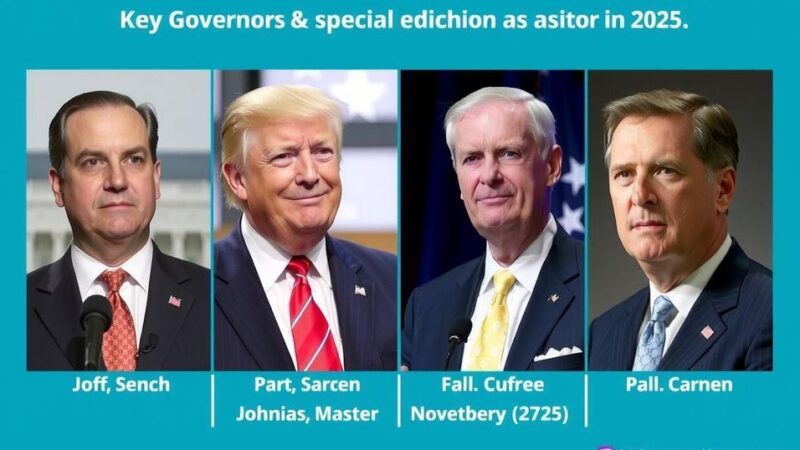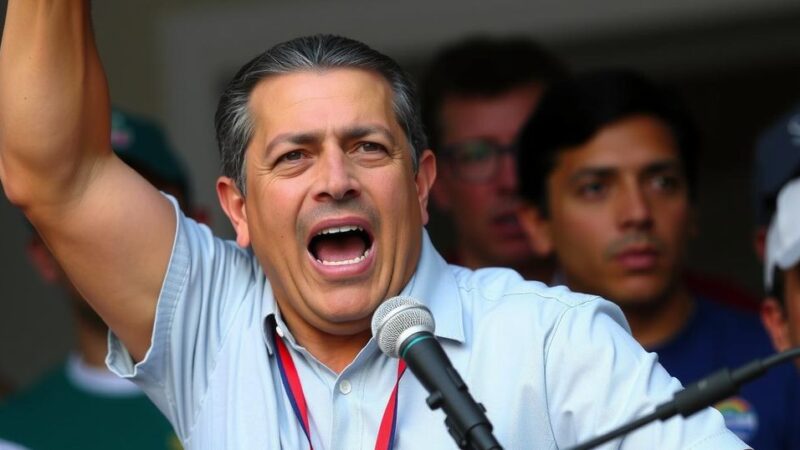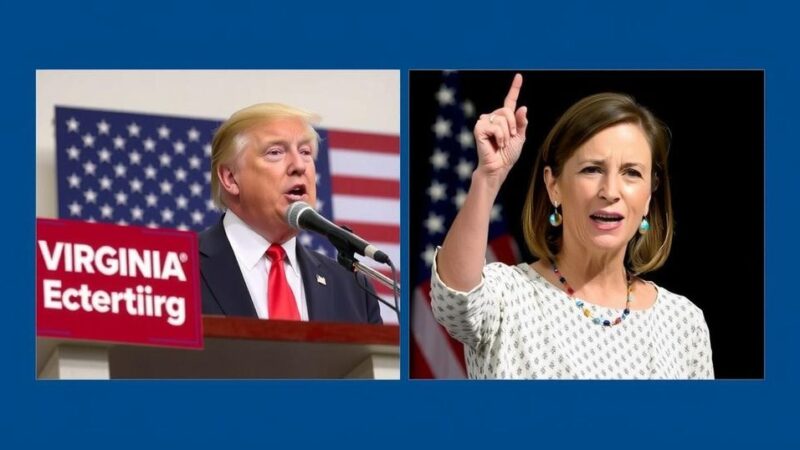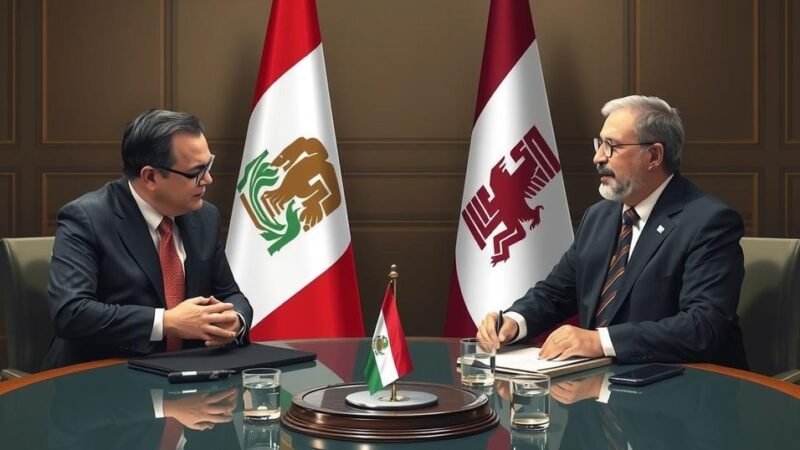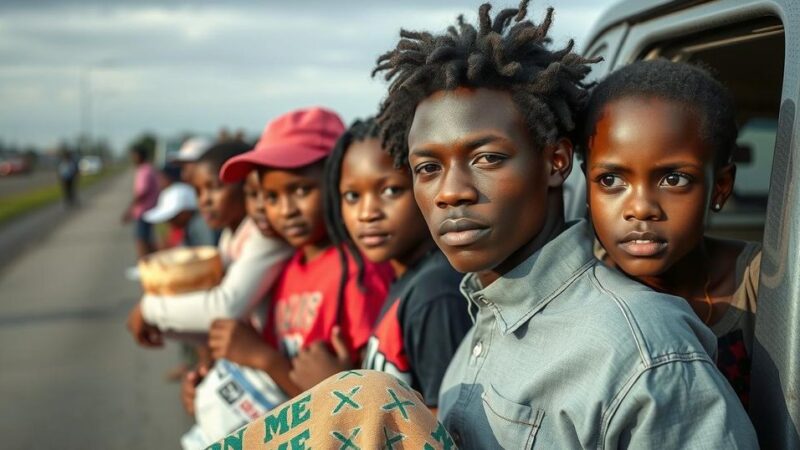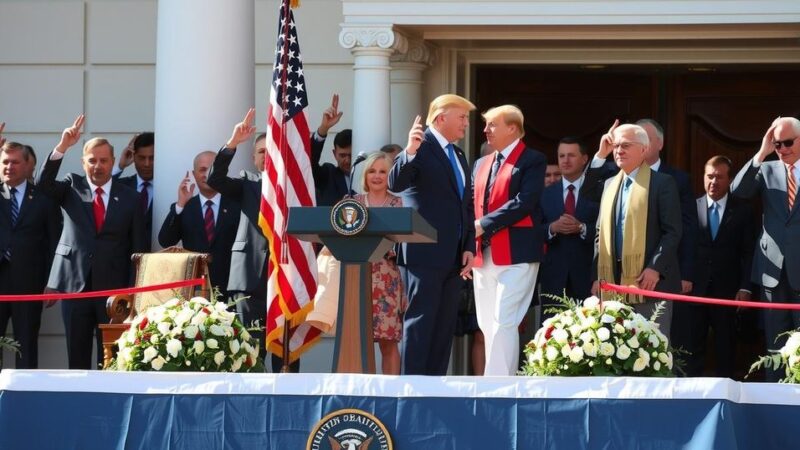Mozambique’s President-elect Daniel Chapo faces major challenges following a disputed election. His announcement to pursue dialogue with opposition leader Venancio Mondlane may ease tensions but risks internal conflict within the Frelimo party. Renewed protests erupt in response to the election results, reflecting widespread unrest among Mondlane’s supporters against alleged electoral fraud, indicating an ongoing post-election crisis in the country.
Mozambique’s President-elect Daniel Chapo encounters significant challenges in addressing the country’s ongoing post-election turmoil, which threatens economic stability and regional trade. This situation may compel him to seek collaboration with opposition leader Venancio Mondlane, yet such an initiative could incite internal disputes within the ruling Frelimo party. On December 23, the Constitutional Council confirmed Chapo’s victory over Mondlane in the contentious October 9 election. Following this announcement, Chapo proposed a reconciliation initiative to be launched after his inauguration on January 15. Nevertheless, the ruling incited renewed protests, with Mondlane’s supporters responding to calls for demonstrations against what they deem fraudulent elections. These protests have escalated, intensifying the crisis atmosphere and complicating the political landscape of Mozambique.
The political environment in Mozambique remains fraught following the disputed elections held on October 9. Daniel Chapo, representing the ruling Frelimo party, was declared the victor amid claims of electoral misconduct from opposition factions, particularly from Venancio Mondlane. The dissatisfaction among Mondlane’s supporters has led to widespread unrest, underscoring the divisions that persist within Mozambican society. Chapo’s proposed dialogue initiative aims to foster reconciliation but faces skepticism as it may not address the underlying issues that prompted the unrest in the first place.
Mozambique’s post-election crisis poses risks to both political stability and economic progress in the nation. President-elect Daniel Chapo’s efforts to engage with the opposition may yield benefits, yet these actions could provoke conflict within his party. While the call for dialogue is a step forward, the capability of such an initiative to resolve deep-seated grievances remains uncertain. The situation warrants close monitoring as it unfolds, with implications for the future of governance and civil harmony in Mozambique.
Original Source: worldview.stratfor.com

